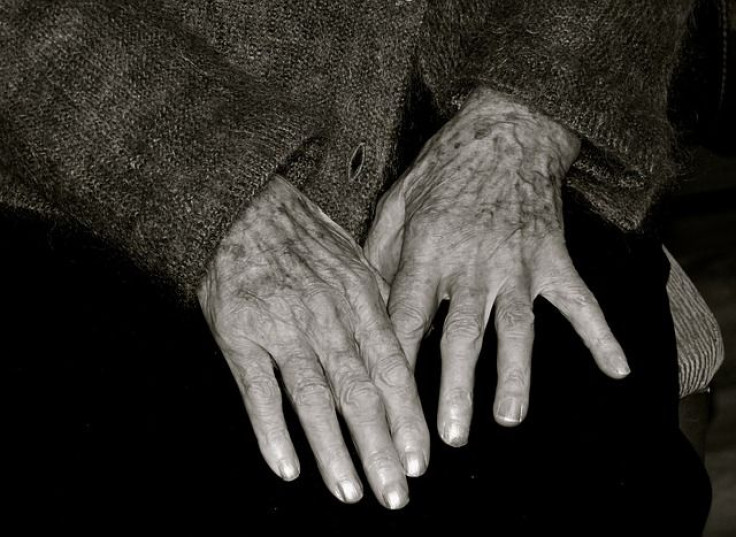Alzheimer's Symptoms: Sleeplessness, Wandering, Helped By Tracking Activity Patterns, Says New Research

Research has suggested that physical activity may be a great way to prevent Alzheimer's disease (AD), but not much is known about how physical activity affects those who already show signs of mental decline. New research has identified the physical activity patterns of AD patients, and found interesting trends which may help doctors better treat common AD symptoms such as wandering and sleeplessness.
The study found that people with AD — including 5.4 million Americans — have different physical activity patterns than others, and are far less likely to spend time doing moderately intense physical activity. The study explained that restricted motor planning, or difficulty with navigation, may prevent some AD patients from getting out and exercising.
Researchers also uncovered an association between physical activity in AD patients and the time of the day: “They're a lot less active in the morning, when most people are at the peak of activity — and that may influence caregivers and people who are trying to help people with dementia," said lead author Amber Watts in a recent statement.
For the research, individuals with early stages of AD and healthy individuals were fitted with state-of-the art accelerometers to track their daily physical activity. This approach allowed the scientists to not only see the overall average activity levels of the users over the course of the day, but also see how physical activity varied at different points.
According to the Alzheimer’s Association, people with AD often have problems with sleeping; although scientists are not entirely sure why, they suggest that it may be due to damages in the brain caused by AD, like memory problems. According to Watts, her study suggests that a possible effective intervention to address these sleep problems may be to increase physical activity in the morning rather than evening, with early walks.
"Walking is actually the best thing," she said in the statement. "It's low risk, it's safe, anyone can do it, it doesn't require specific equipment, it can be done anywhere,” emphasizing that individuals with AD do not necessarily have to go to the gym.
Source: Watts A, et al. Annual Meeting of Gerontological Society of America. 2016
Read More:
Alzheimer’s Disease: Vaccine Prevents Tau Protein Buildup To Stop The Disorder In Its Tracks: Read Here
Alzheimer's Disease Patients With More Tau Protein In The Brain Face Greater Risk Of Cognitive Decline: Read Here



























